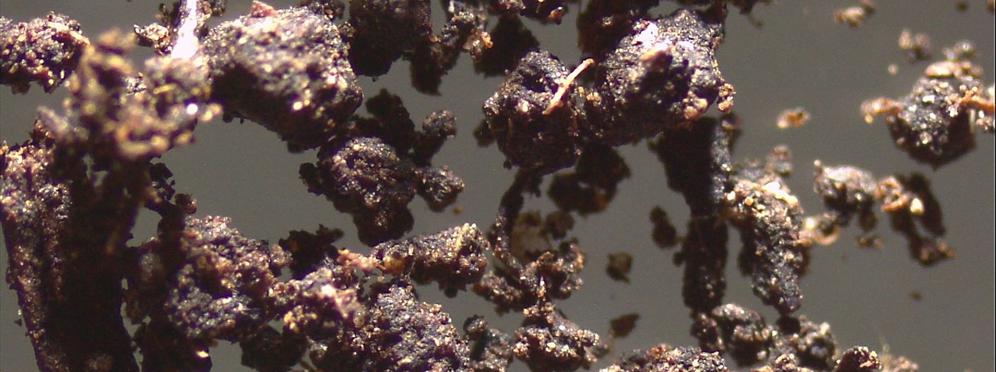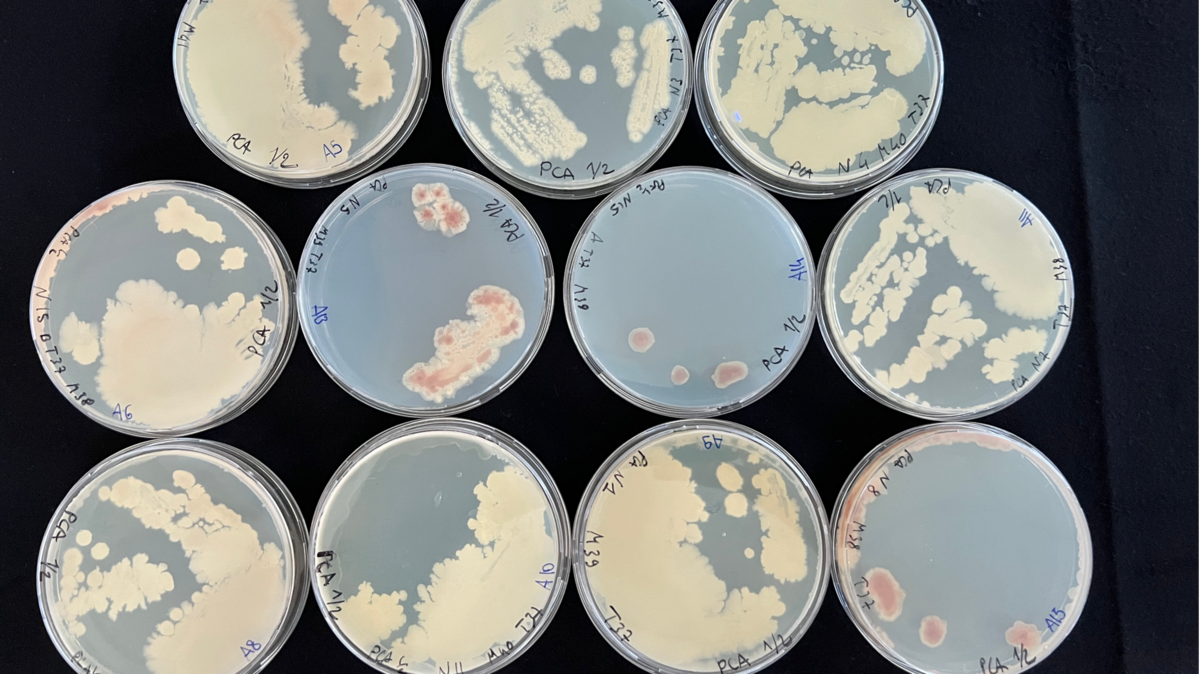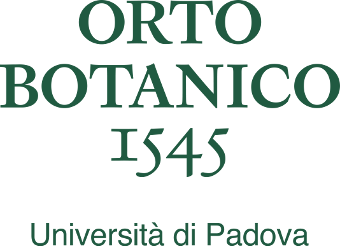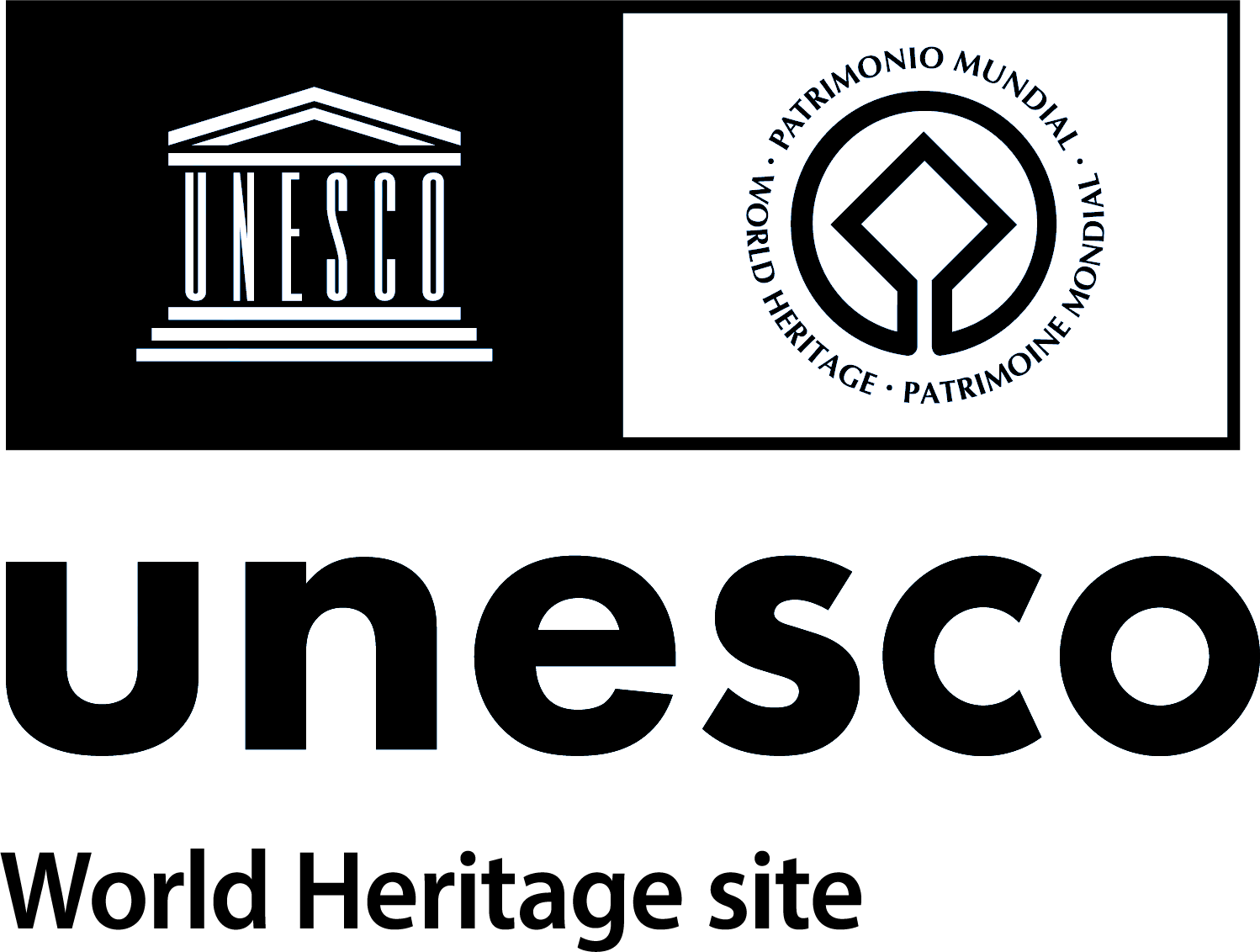Plant-microorganisms interactions
Research Projects - Padua Botanical Garden

Plants are able — by way of their roots — to interact and establish beneficial relationships with a great number of microorganisms, resulting in more vigorous plant growth. Little is known about the genetic mechanisms that regulate these interactions, and similarly, their ecological and agronomic impact is still not altogether clear. To understand the mechanisms and the effects of these relations between organisms, the concept of microbial biodiversity in soil must also be taken into account, given that the bacterial community of the soil is where one finds the species able to interact with the plant through its roots, benefiting both the growth of the plant and the sustainable production of sustainable seeds and fruits that we rely on for food.
ITALIANO
Studio delle basi molecolari delle interazioni tra batteri benefici del suolo e piante per sviluppare strategie di agricoltura sostenibile
Il gruppo di ricerca è impegnato a studiare i meccanismi genetici della pianta che regolano e/o che sono influenzati da queste interazioni, usando diverse specie vegetali modello, e specie batteriche che hanno effetti benefici per le piante. Il gruppo poi è impegnato a sviluppare strategie innovative che possano preservare e arricchire la comunità microbica del suolo, per esempio sfruttando gli effetti benefici del compost prodotto da rifiuto organico urbano. L’uso del compost come biofertilizzante quindi rappresenterebbe un ciclo virtuoso in linea con le direttive europee sul contrasto ai cambiamenti climatici e all’impoverimento dei suoli. In collaborazione con l’azienda di produzione di compost SESA spa, ci si propone di capire come l’uso di questo ammendante organico possa contribuire ad incrementare la biodiversità della comunità batterica associata alle radici delle piante, portando benefici alle colture e riducendo l’impatto ambientale delle pratiche agricole.
Referenti del progetto: dott. Sebastiano Nigris, dott.ssa Rosalba Cipriani, dott.ssa Giulia Ghirardello, dott.ssa Nadine De Biasio, prof.ssa Barbara Baldan
In collaborazione con: Werner Zanardi - SESA spa, Tiziano Bonato - SESA spa
Parole-chiave: agricoltura, sostenibilità, biodiversità, compost
Finanziamenti: Unimpresa Unipd 2022; MSCA UNIphD

ENGLISH
Study of the molecular bases of interactions between beneficial bacteria in the soil and plants, with the development of strategies for sustainable agriculture in view
The research team is engaged in studying the genetic mechanisms of a plant that regulate and/or are influenced by these interactions, using different plant species as the model, and species of bacteria that have beneficial effects on plants. In addition, the team is involved in the development of innovative strategies that can preserve and enrich the microbial community in the soil, for example exploiting the beneficial effects of compost produced from municipal organic waste. The use of compost as an organic fertiliser would thus be regarded as a virtuous cycle, in line with European directives on combating climate change and soil degradation. Working with SESA S.p.A., a producer of compost, the aim is to understand how the use of this organic soil conditioner can help to improve and boost biodiversity of the bacteria community associated with the roots of plants, thereby benefiting crops and reducing the environmental impact of conventional farming practices.
Project contacts: Dr. Sebastiano Nigris, Dr. Rosalba Cipriani, Dr. Giulia Ghirardello, Dr. Nadine De Biasio, Prof. Barbara Baldan
In collaboration with: Werner Zanardi - SESA spa, Tiziano Bonato - SESA spa
Keywords: agriculture, sustainability, biodiversity, compost
Funding: Unimpresa Unipd 2022; MSCA UNIphD







